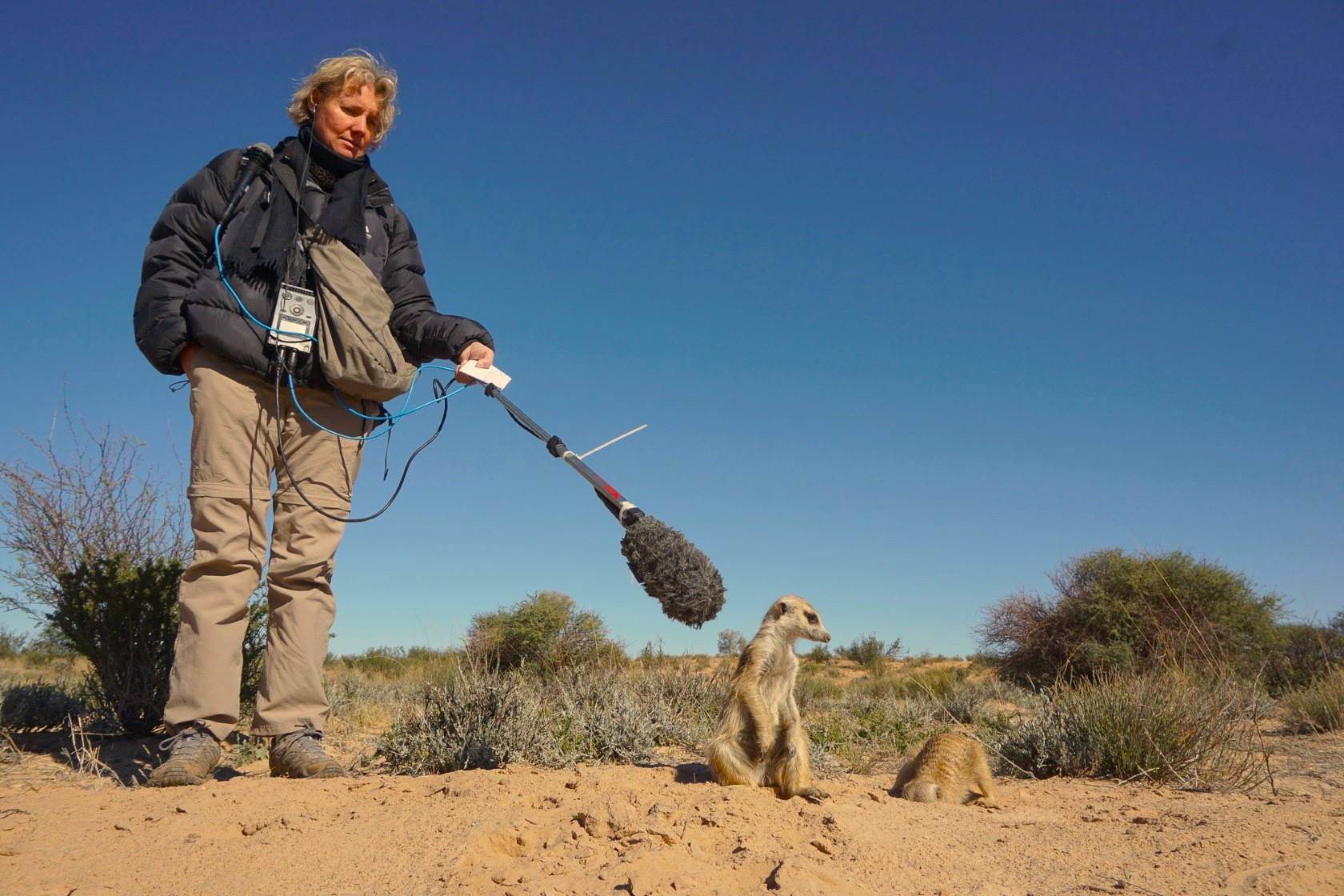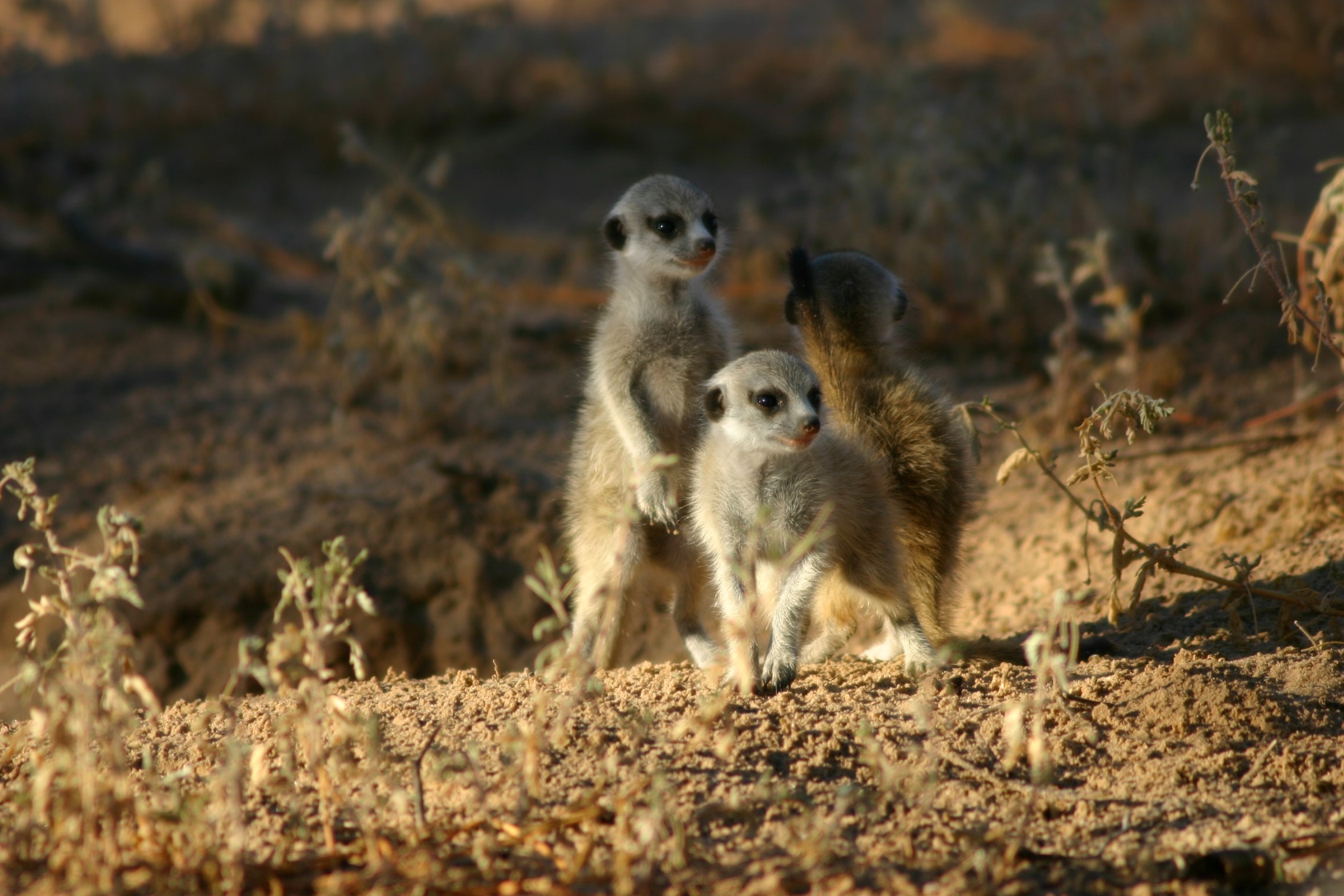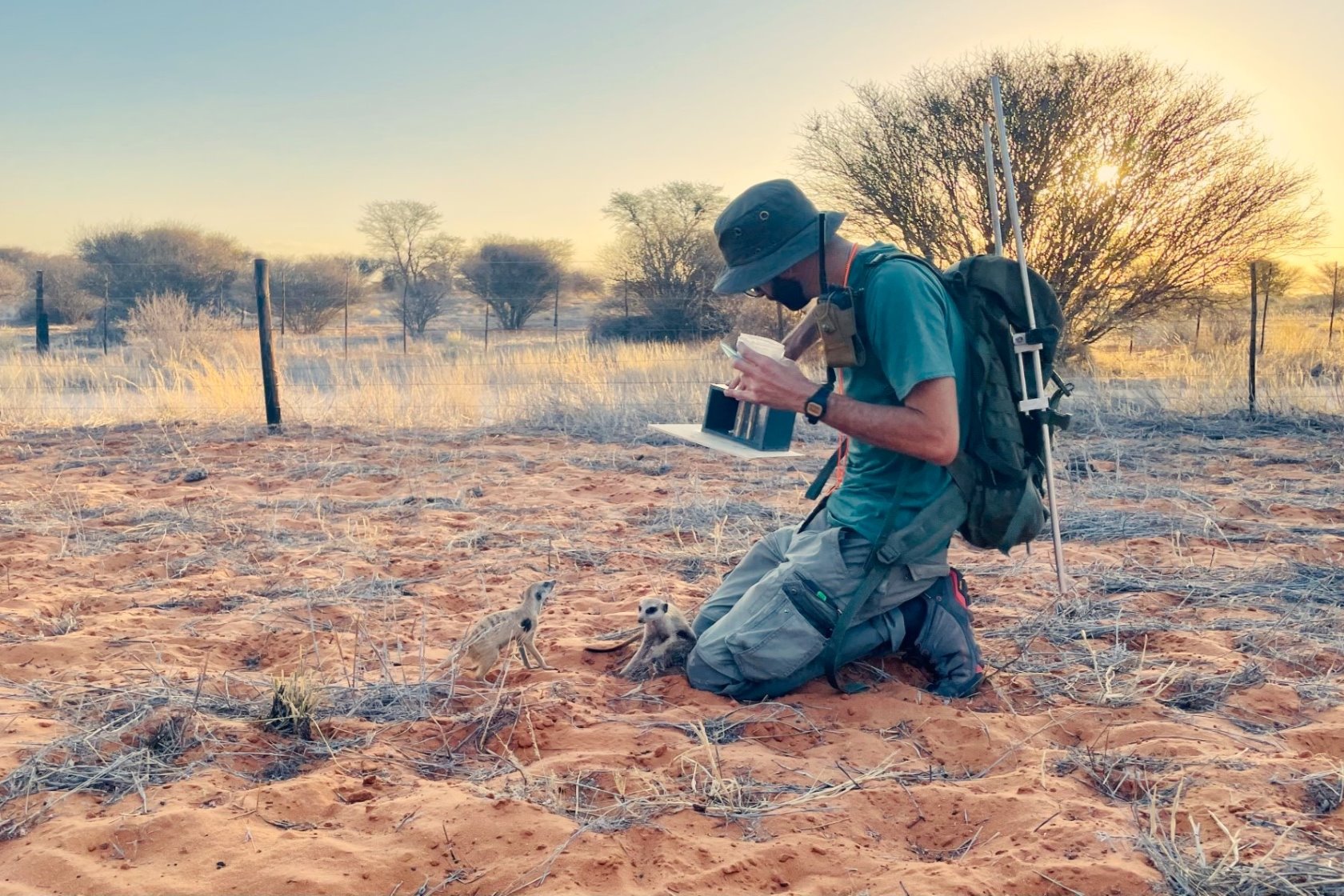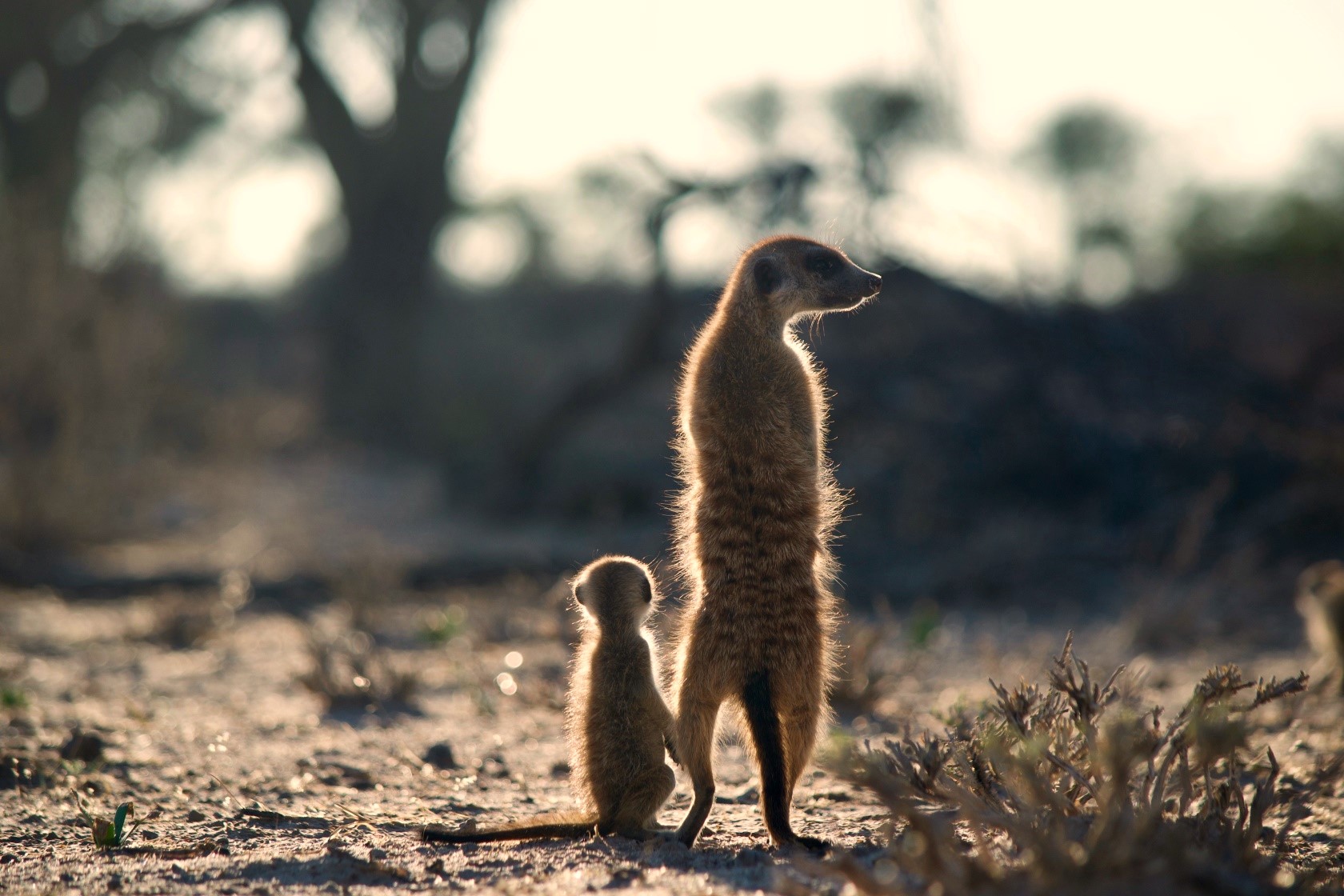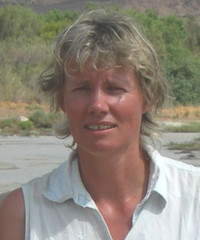The Kalahari Research Centre
The Kalahari Research Centre (KRC), administered by the Kalahari Research Trust (KRT) and directed by Marta Manser (University of Zurich) and Tim Clutton-Brock (University of Cambridge), is an internationally well renowned field study site located in the Southern Kalahari in the Northern Cape of South Africa. It provides facilities for various research projects on the local fauna and flora, involving many universities and institutions from around the world. The KRT is a not-for-profit organization registered in South Africa, that promotes biological research, education, and conservation in the Kalahari. The seven trustee members consist of a consortium of scientists from multiple international institutions.
The Kuruman River Reserve, covering an area of 72 km², serves as the primary research site for the KRC, though some study species are also followed onto neighbouring land. The semi-arid landscape is characterized by dunes and the dry riverbed of the Kuruman River. The area experiences distinct hot-wet and cold-dry seasons and severe droughts every 3-6 years, and occasional years with heavy rainfall causing the river to flow.
The KRT supports a wide range of individualised long-term research projects, including the Kalahari Meerkat Project (KMP), Cape Ground Squirrel Project, Damaraland Molerat Project, Yellow Mongoose Project, the Hot Bird Project focusing on Pied Babblers, Yellow Billed Hornbills and Drongos. Short-term-studies have also been undertaken on Bat-Eared Foxes, Leopard Tortoises, Barking Geckos, Red-breasted Crimson Shrike, and more. Recently the Biodiversity and the Soil Project have been established advancing knowledge on the local ecosystem level. The KRT welcomes new collaborations bringing in complementary skills to existing projects, but also in particular interested in research on other taxonomic classes, such as insects and plants, or at the community and ecosystem level.
The Kalahari Meerkat Project is the largest and longest ongoing individualised long-term study focusing on meerkats (Suricata suricatta), contributing insights into cooperative behavior, communication, cognition, physiology, genetics demography, and effects of climate change. A team of 2-3 project managers, along with 10-12 volunteer research assistants, collects extensive data on 12-15 habituated meerkat groups (around 250 individual meerkats simultaneously being studied). Efforts to habituate additional groups in the area help expand understanding of group interactions and individual dispersal. The KMP collaborates with numerous universities and institutions, including the University of Zurich, University of Cambridge, University of Pretoria, University of Konstanz, the Max Planck Institute in Leipzig and Konstanz, Ulm University, and University of Edinburgh.
The KRT supports education and outreach to inform on the ongoing research, but also on the ecosystem Kalahari in general. Field courses for international and national students are hosted at the KRC in yearly terms. Furthermore, the KRC is popular for filming projects, in particular on the meerkats with the biggest publicity reached by the production of Meerkat Manor, and many other documentary sequences. This is made possible due to the high level of habituation of the meerkats and other species, allowing for close observation and filming of the natural behaviors of various species.
The KRC is maintained by a team of local staff, including the reserve manager, technical and maintenance people, cleaning and cooking team, accountants and a veterinary person. Staff, volunteers, and researchers of the various projects at the KRC form a close-knit community.
The KRC is funded by the University of Zurich and Cambridge, MAVA foundation, Zoo Zurich, Max Planck Society, Exekias Foundation, Irene Staehelin Foundation and ERC and HFSP research grants, as well as of various international institutions and principle investigators that perform field research and pay accommodation and facility use fees.
For more information, you can visit their website and follow them on Instagram to stay updated on the latest research and activities.
